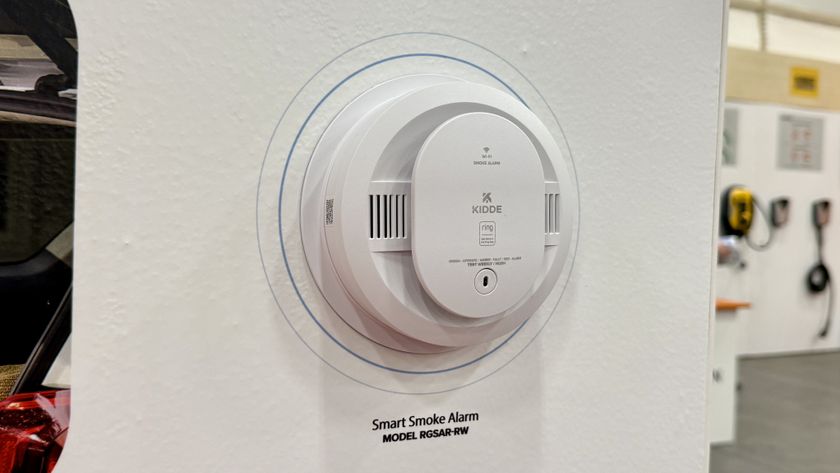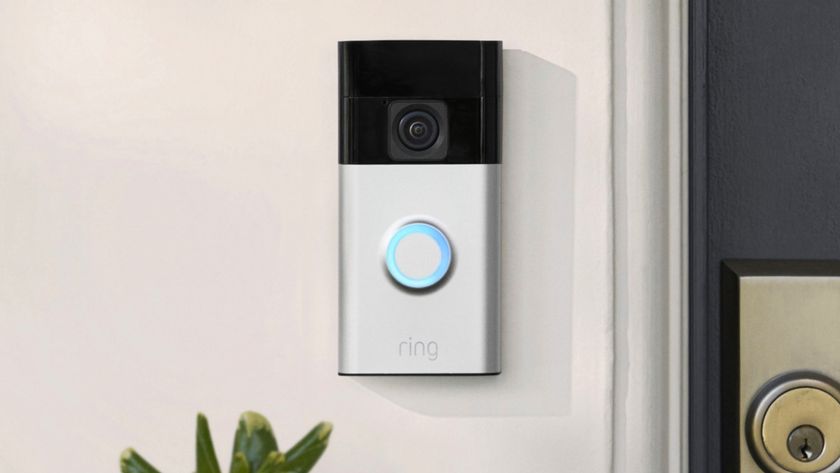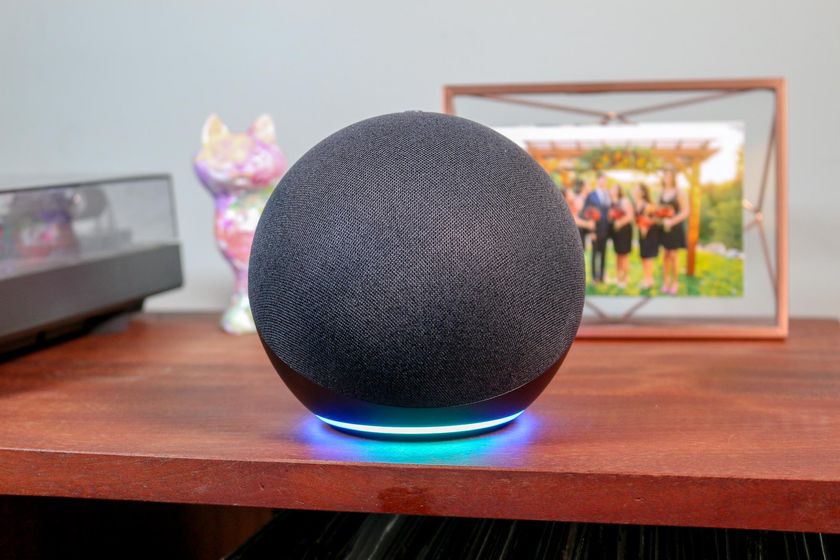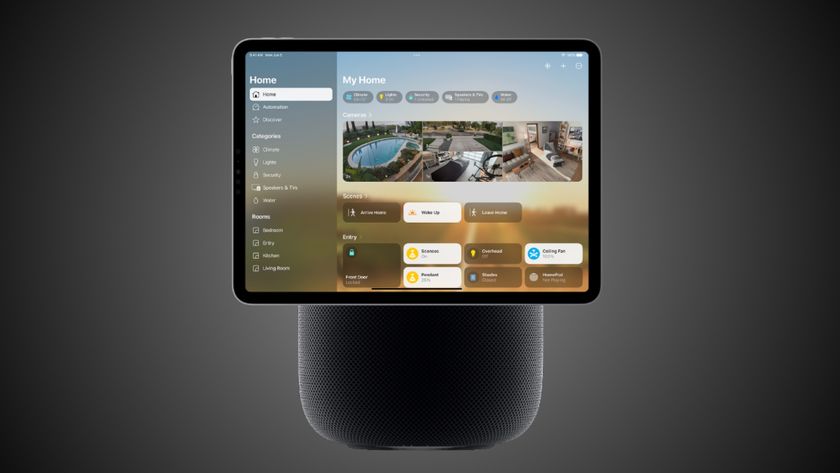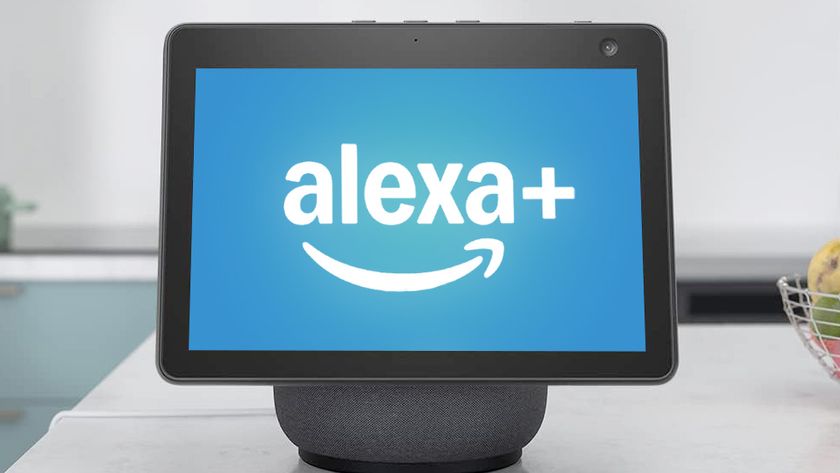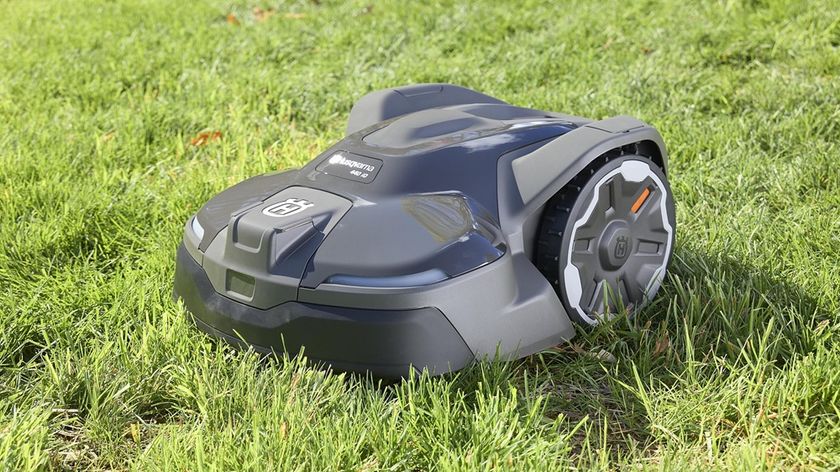Who (or What) Is Alexa? We Explain Amazon's Digital Assistant
Amazon Alexa is a versatile digital assistant that answers questions and performs all sorts of tasks. Here's what you need to know.
Alexa, Amazon's virtual personal assistant, has been around for about two years, and it keeps getting smarter. It lives inside the company's Echo smart speaker, among other devices, and offers users the ability to dictate commands to the assistant to control products throughout their home, listen to music, and more.
As time has gone on, Amazon has added "Skills" to Alexa and made the virtual assistant far more powerful. And although Amazon says more people are using Alexa each year, many are still unfamiliar with the service.
We've compiled the following FAQ to help you learn more about Alexa and how it might be able to help you in your daily life.
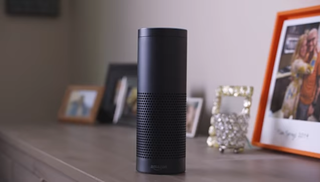
Q. Who (or what) is Alexa?
A. Alexa is a virtual personal assistant designed to compete with the likes of Apple's Siri, Google Now, and others. Alexa, which was designed by Amazon's secretive Lab126, can listen to your voice commands and respond with contextual responses to help you get the job done. Alexa can help you listen to tracks on Spotify, create to-do lists, shop, and even control your smart home products, like Google's Nest thermostat or the Philips Hue.
Alexa was popularized by the Amazon Echo, a device that acts both as a speaker and a smart-home hub, but also works on many other devices.
Like other virtual assistants, Alexa has its fair share of trouble understanding user commands and responding accurately. However, because it's a cloud-based service, Amazon is continually updating Alexa's intelligence to overcome some challenges. As machine learning becomes more sophisticated, look for Alexa to become more intelligent.
Q. What devices does Alexa work on?
A. Amazon Alexa perhaps delivers the best experience on the Amazon Echo. However, Amazon also has brought the smart assistant to other home hubs, such as the Echo Dot and the Tap. Amazon's Fire TV set-top box and Fire HD 8 tablet also support Alexa.
As part of its effort to broaden Alexa's appeal, Amazon also has allowed some third parties to support Alexa. For instance, the LG SmartThinQ hub and the Pebble Core wearable come with Alexa support. An intercom called the Nucleus Anywhere also can support Alexa, and there's a smartwatch called CoWatch that has Alexa integration.
MORE: Amazon Alexa Guide: Tips, Tricks and How-Tos
Q. What can you tell me about the Alexa companion app?
A. The Alexa companion app is central to the Amazon Alexa experience. The app — which is available in Apple's App Store, the Google Play store and the Amazon Appstore — is a must for the best Alexa experience. The app lets Alexa users control music, create or view to-do lists, see recent activity, and more.
Perhaps most important, the companion app is the place to add more Skills to expand Alexa's appeal. The app lists the many, many Skills available to Alexa and lets you add them to the service. Once you do that, Alexa will have the available Skills regardless of where you're using the service.
The companion app isn't required for you to use Alexa. But it rounds out the experience, so you really should consider it.
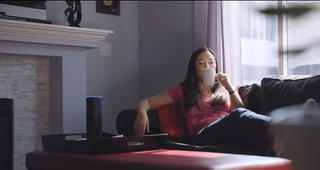
Q. What are Alexa Skills?
A. Alexa Skills extend the virtual assistant's appeal. The Skills are offered from both Amazon and third-party developers, and act as virtual apps to expand Alexa's features.
Skills can span many industries, including sports, entertainment, news and social media. There's no limit to the number of Skills users can add, but it can be challenging to keep track of their features and remember to use ones you added several months ago. Luckily, the Alexa companion app lists all of the Skills you've downloaded, so you can quickly refer to them and see what commands are available.
Currently, there are more than 3,000 Alexa Skills for users to download from both Amazon and third-party providers. The Skills are available for free in the mobile companion app or online via Amazon's Alexa portal.
Q. What kinds of Skills are available?
A. With Alexa's help (and after you add Skills), you can request a car through ride-sharing service Lyft. On the sports side, you can use Alexa to get the latest scores from your Yahoo Fantasy Football team or see who's winning the big game with professional sports radio broadcasts, like those from Major League Baseball.
Skills also allow you to listen to radio stations, play trivia games, get lyrics support from Lyrical and much more. You can also use Alexa to get news updates, find out how your stocks are performing and, of course, control all facets of your smart home through apps such as SmartThings.
MORE: Best Amazon Echo Commands
And just in case you're in the mood to have a little fun, check out The Bartender for some help on concocting your new cocktail. Bacon Facts gives you all kinds of facts on — you guessed it — bacon.

Q. Can Alexa deliver entertainment?
A. Arguably Alexa's best slate of features comes in the entertainment sphere. Out of the box, Alexa works with a wide range of entertainment services, like Amazon's Prime Music, Audible audiobooks and Spotify, among others. With help from Skills, you can add in other entertainment features, like the ability to create your own jukebox.
However, to fully enjoy entertainment through Alexa, which can be told what to play and when, you'll need an attached speaker. That can come in the form of Amazon's Echo or with speakers attached to a device such as the Amazon Echo Dot.
Q. How does Alexa integrate with my smart home?
A. Alexa can be a useful tool for controlling your smart home. In fact, Alexa connects to popular smart-home services such as WeMo, Google's Nest and the Philips Hue.
With those apps, you can control your smart-home products, change the temperature in your home, set the lighting and much more. As with entertainment (and every other Skill), you can simply ask Alexa to make changes to your smart home devices. It's a neat feature that makes Alexa very convenient.
MORE: Siri vs. Alexa: Why Amazon Won Our 300-Question Showdown
Q. Can Alexa make me more organized?
A. With Alexa's help, you can find out what's on your Google Calendar. It's also possible to set up new events and find out what traffic is like around a particular location so you can plan your trip. Add that to the ability to create a to-do list and keep track of your shopping list, and Alexa earns its name as a smart virtual assistant.
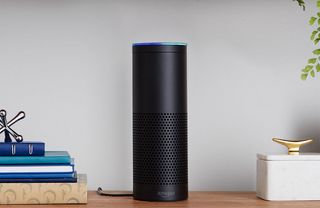
Q. Is Alexa multilingual?
A. If you're hoping to talk to Alexa in multiple languages, you might be disappointed. Amazon's Alexa currently supports only English, and it's unclear when other languages might be supported. However, Amazon has hinted that more language support will be offered in the future.
Q. Who are Alexa's competitors?
A. What if you want to get the same kinds of features Alexa offers but you don't necessarily want Amazon's option? Luckily for you, there are several other similar voice assistants.
Apple devices, for instance, come with Siri, another virtual personal assistant that can help you boot up apps, listen to music, create to-do lists and much more. The same can be said for Microsoft's Cortana and Google Now — two other virtual assistants that can do many of the things Alexa can.
Google is also promoting a new service called Google Assistant that expands its focus on machine learning to help you in your daily life. You'll find Google Assistant inside the new Pixel phone.
If you're interested in the integration of a virtual assistant and smart-home device such as the Echo, check out Google Home, a newer smart-home device that can control your lights and thermostat, and help you stay organized.
Regardless of the option you choose, the major Alexa competitors rely on the cloud and machine learning to help you stay productive. So, like Alexa, the services are expected to get better as time goes on.
Sign up to get the BEST of Tom's Guide direct to your inbox.
Get instant access to breaking news, the hottest reviews, great deals and helpful tips.
Don Reisinger is CEO and founder of D2 Tech Agency. A communications strategist, consultant, and copywriter, Don has also written for many leading technology and business publications including CNET, Fortune Magazine, The New York Times, Forbes, Computerworld, Digital Trends, TechCrunch and Slashgear. He has also written for Tom's Guide for many years, contributing hundreds of articles on everything from phones to games to streaming and smart home.
